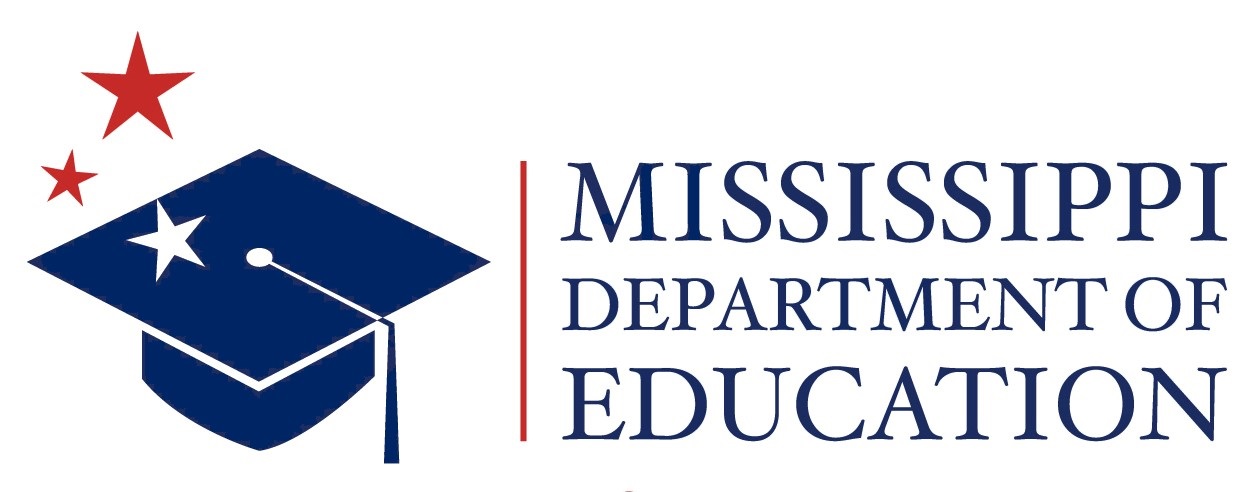Homeless Education
The Mississippi Department of Education is dedicated to ensuring each child who is homeless has equal access to the same free, appropriate public education available to other students. This commitment includes services to preschool students and unaccompanied youth who are homeless.
In 2022-2023 Mississippi school districts identified 6,397 students who met the McKinney-Vento Act definition of homeless students.
Grants for the Education for Homeless Children and Youth Program are awarded to local educational agencies on a competitive, yearly basis. The funding source of these awards is Title IX, Part A of the Every Student Succeeds Act. School districts may also reserve a portion of their Title I Part A funds to meet the needs of homeless students.
These grants provide activities that enable these students to enroll, attend, and succeed in school. These services might include before or after-school tutoring, supplemental instruction, and enriched educational activities. Activities may be provided on school grounds or at other facilities that can effectively meet the needs of students who are homeless.
Requirements
All school districts are required to maintain compliance with the McKinney-Vento Act which provides specific rights for homeless students. Every school district must designate a McKinney-Vento Liaison to assist in identifying , supporting, and ensuring the rights of homeless students and families. These rights include waiving certain requirements, such as proof of residency, when students are enrolling and allowing categorical eligibility for certain services, such as free lunch. The Act also states:
- Students who are homeless may attend their school of origin or the school where they are temporarily residing.
- Parents or guardians of homeless students must be informed of educational and related opportunities.
- Students who are homeless may enroll without school, medical, or similar records.
- Students who are homeless and their families receive referrals to health, dental, mental health, substance abuse, housing, and other needed services.
- Students who are homeless have a right to transportation to school.
- Students must be provided a statement explaining why they are denied any service or enrollment.
- Students must be enrolled in school and receive services, such as transportation, while disputes are being settled.
- Students are automatically eligible for Title I services.
- School districts must reserve a portion of Title IA funds to serve homeless students.
- School districts must review and revise policies that serve as barriers to homeless students.
- Schools must post information in the community regarding the rights of homeless students and unaccompanied youth in schools and other places where homeless families may frequent and written in a language they can understand.
- School districts must identify a McKinney-Vento Liaison to assist students and their families.
Grantees
- 2022-2023 McKinney-Vento Homeless Education Grantees
- 2021-2022 McKinney-Vento Homeless Education Grantees
- 2020-2021 McKinney-Vento Homeless Education Grantees
- 2019-2020 McKinney-Vento Homeless Education Grantees
- 2018-2019 McKinney-Vento Homeless Education Grantees
- 2017-2018 McKinney-Vento Homeless Education Grantees
- 2016-2017 McKinney-Vento Homeless Education Grantees
- 2015-2016 McKinney-Vento Homeless Education Grantees
- 2014-2015 McKinney-Vento Homeless Education Grantees
- 2013-2014 McKinney-Vento Homeless Education Grantees
- 2012-2013 McKinney-Vento Homeless Education Grantees
- 2011-2012 McKinney-Vento Homeless Education Grantees
Announcements
FY23 McKinney-Vento Homeless
Legislation
Liaison Information
- Non-Regulatory Guidance
- National Association for the Education of Homeless Children and Youth (NAEHCY)
- National Center for Homeless Education (NCHE)
- Homeless Liaison Toolkit 2020 Edition
- Mississippi Regional Coalition Contacts
- NCHE Self-Paced Online Training
- NCHE Live, Interactive Group Training
- ESSA Homeless Webinar
- National Coalition for the Homeless
- National Network for Youth
- National Law Center on Homelessness & Poverty (NLCHP)
Family Information
- Parent Resources
- Homeless Shelter Directory
- Housing and Urban Development (HUD) in Mississippi
- HUD Exchange



